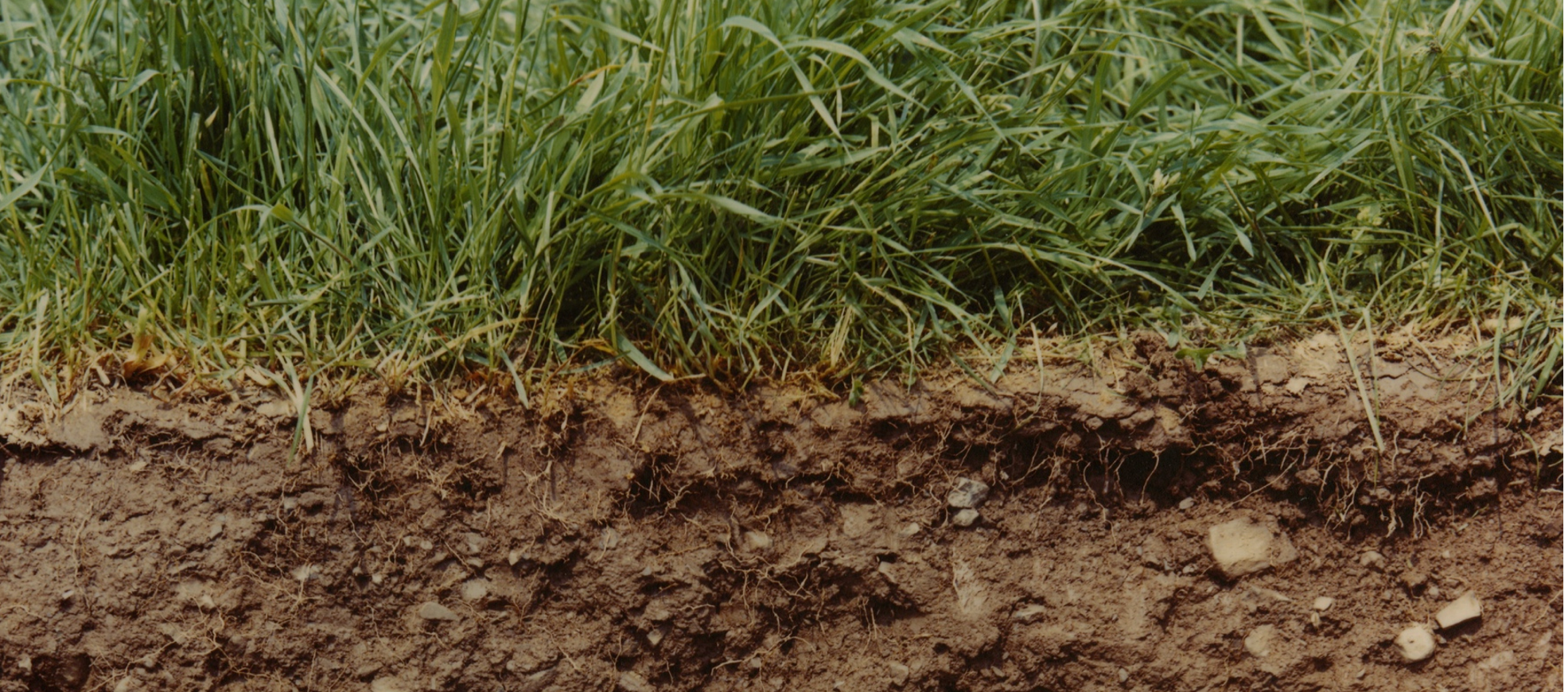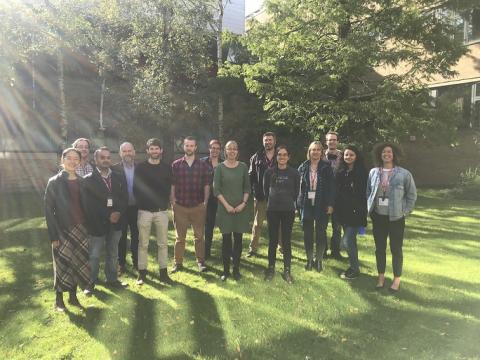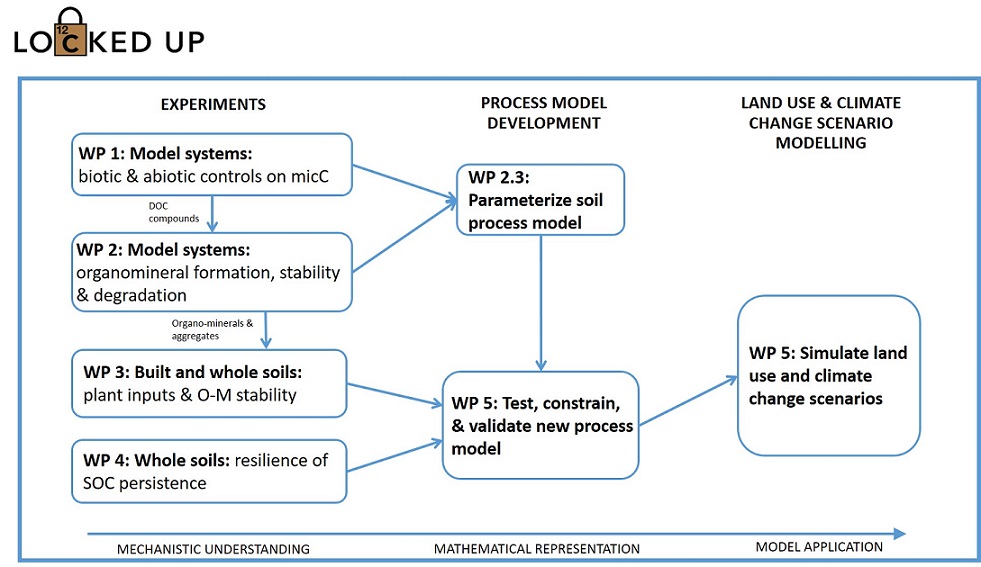Locked Up: The role of biotic and abiotic interactions in the stabilisation and persistence of soil organic carbon
Loss of soil organic carbon through human land use is one of the most pressing environmental challenges of the 21st century. Soil carbon loss contributes to climate change, makes soils less suitable for crops, reduces soil fertility through associated loss of nitrogen and phosphorous as plant nutrients, and reduces water holding capacity and drainage to aquifers - adversely impacting drought and flood resistance, water quality and water availability. It is estimated that the world’s soils hold 4-8 times the amount of carbon in terrestrial vegetation, yet the loss of carbon from this important reservoir is an escalating global threat caused by unsustainable land management practices.
Maintaining and increasing soil carbon stocks globally is critical to ensuring food security and mitigating climate change. Small increases in soil carbon over very large areas could significantly reduce net carbon dioxide emissions from agriculture.
This project will help to achieve this by advancing our understanding of what makes carbon stable in soils and developing quantitative methods to assess the mitigation potential and feasibility of increasing soil carbon storage across UK and global soils.



